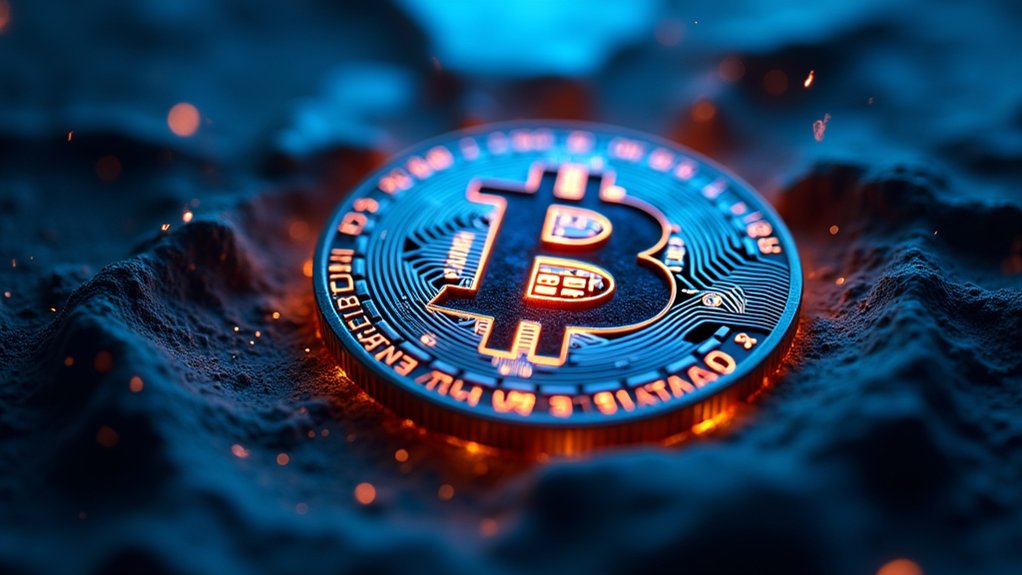While cryptocurrency investors hoped to finally recoup their losses from FTX’s epic collapse, the defunct exchange’s Recovery Trust just dropped another bombshell. A staggering $500 million in distributions has been frozen, affecting creditors across 49 countries where crypto faces bans or restrictions. Talk about adding insult to injury.
China’s getting the worst of it – no surprise there. With its infamous crypto crackdown, the mainland accounts for a whopping $435 million of the frozen funds. That’s 82% of the total freeze, impacting countless Chinese users who accessed FTX through VPNs and offshore accounts. Technically, they weren’t supposed to be trading there anyway. Oops. The secondary market has seen sharp price declines as traders rush to offload affected claims.
The legal mess is mind-boggling. Nearly 400,000 customer claims got tossed out due to KYC violations, representing about 5% of all approved creditor claims by value. The Recovery Trust isn’t taking any chances – they’re demanding local legal opinions before releasing a single penny. Make one wrong move, and they could face fines or personal liability. Nobody wants that headache.
Chinese creditors are fighting back, arguing that USD payouts shouldn’t count as crypto transactions. Nice try. But with Russia, Egypt, Afghanistan, and dozens more countries on the restricted list, this isn’t just China‘s problem. The Trust is giving creditors 45 days to object after receiving their “You’re Restricted” notice. How generous. One prominent creditor, Weiwei Ji, has already filed an objection in Delaware court representing over 300 affected users.
The situation’s particularly messy for so-called “Chinese” claims – even expatriates with Chinese passports are getting caught in the crossfire. Meanwhile, the Trust is prioritizing “Convenience Class” creditors (those owed $50,000 or less) for full repayment.
Everyone else? Keep waiting.
The bottom line: FTX’s collapse keeps delivering fresh pain, with regulatory roadblocks now standing between creditors and their money. For those in restricted jurisdictions, getting paid back just got a lot more complicated. Sometimes, what happens in crypto doesn’t stay in crypto – it gets stuck there.





